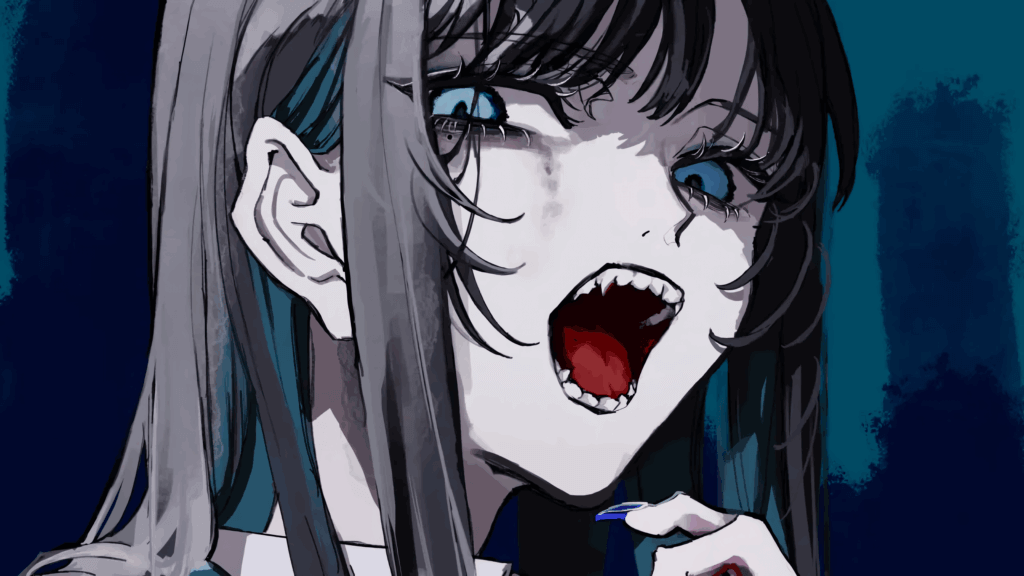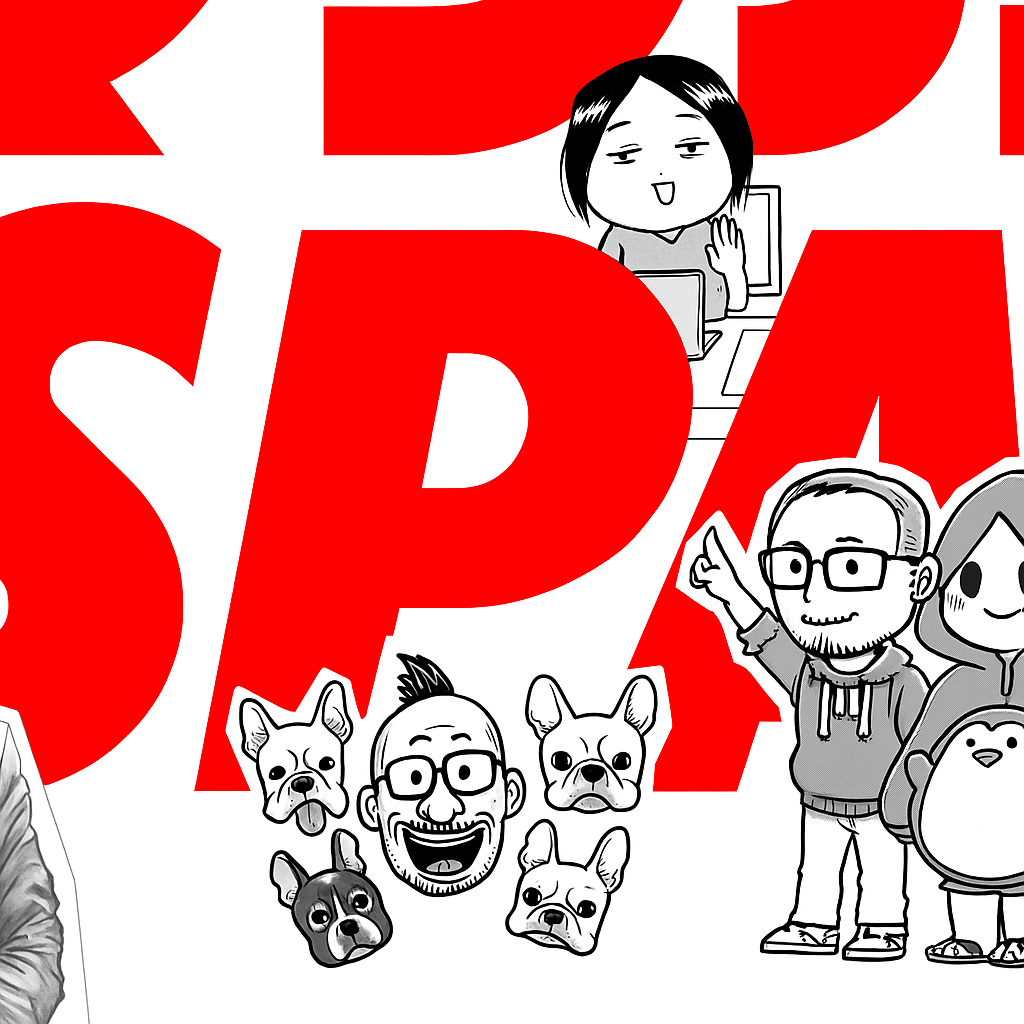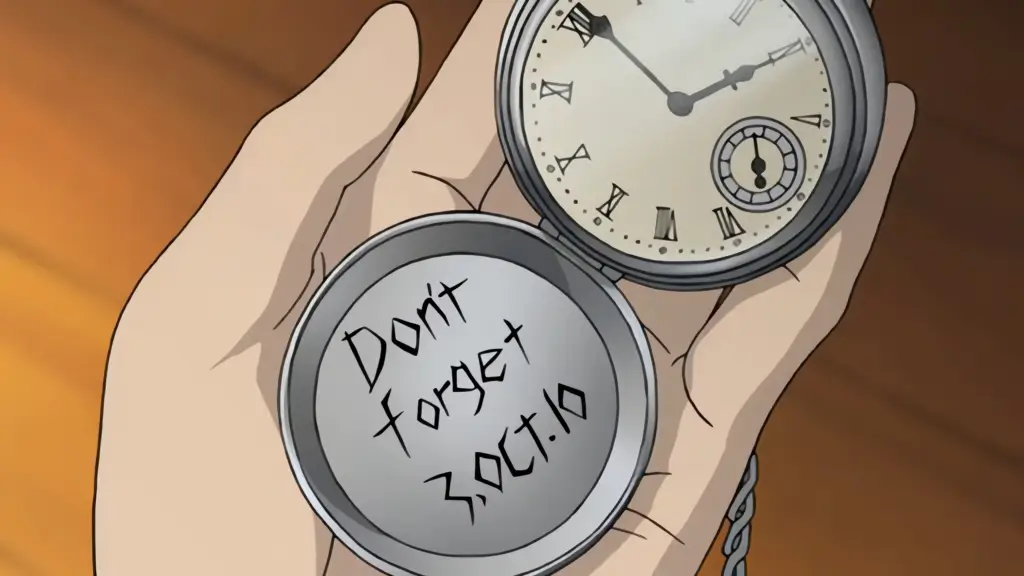The latest parody by animator Maplestar, inspired by Alya-san and Masachika Kuze from the anime "Alya Sometimes Hides Her Feelings in Russian," has ignited debate across social media. Many viewers expressed disappointment with the animation quality, while others defended the creator’s artistic effort.
Fans Criticize the Drop in Animation Quality
According to fans online, Maplestar’s new parody displays a noticeable drop in both animation and storytelling compared to earlier works. Several users drew comparisons to recent anime known for their high production value, such as "Sousou no Frieren," "My Dress-Up Darling," "Chainsaw Man," and "Jujutsu Kaisen." These comparisons quickly spread across forums and social media platforms, fueling heated debate among viewers.
Critics pointed out that the action scenes between Alya and Masachika included inconsistent frames and awkward movements. Some fans even claimed the project appeared rushed. However, others argued that the visual flaws were exaggerated and that Maplestar’s creativity still shone through despite limited resources.
Community Divided Over Budget and Support for the Creator
As the controversy grew, fans began discussing potential reasons behind the apparent decline in quality. Some suggested that Maplestar may have redirected part of the budget or effort toward other ongoing projects. Others emphasized the lack of direct financial support from viewers, noting that many critics had not contributed to the creator’s work through donations or platform subscriptions.
Supporters of Maplestar urged the community to provide constructive feedback instead of spreading negativity. They highlighted the importance of supporting independent animators who operate without major studio backing. Many agreed that sustained fan support can help creators like Maplestar maintain consistent quality in future projects.
A Snapshot of the Alya-san Parody Controversy
The dispute surrounding the Alya-san parody reflects the growing tension between fan expectations and independent creators’ limitations. On one hand, audiences now expect near-studio-level animation quality from solo projects. On the other, artists like Maplestar rely on community engagement and crowdfunding to continue producing content. This balance between artistic freedom and viewer satisfaction remains a challenge within online animation circles.
What’s Next for Maplestar and the Alya-san Project?
Despite criticism, Maplestar has maintained a loyal fanbase that continues to support his work. Viewers are now anticipating possible updates or reworks to improve animation consistency in future releases. Some speculate that the creator might collaborate with other independent artists or crowdfund additional resources for higher-quality production. If that happens, it could mark a new chapter for fan-made parodies inspired by popular anime series.
The Enduring Influence of Fan Animations
The discussion around Maplestar’s Alya-san parody highlights a broader issue in modern anime culture: the blurred line between professional production and fan-driven creativity. Independent animators are shaping new trends and pushing boundaries in storytelling, even without corporate backing. As long as fans continue to engage respectfully and support these creators, the ecosystem of fan animation will only grow stronger.




